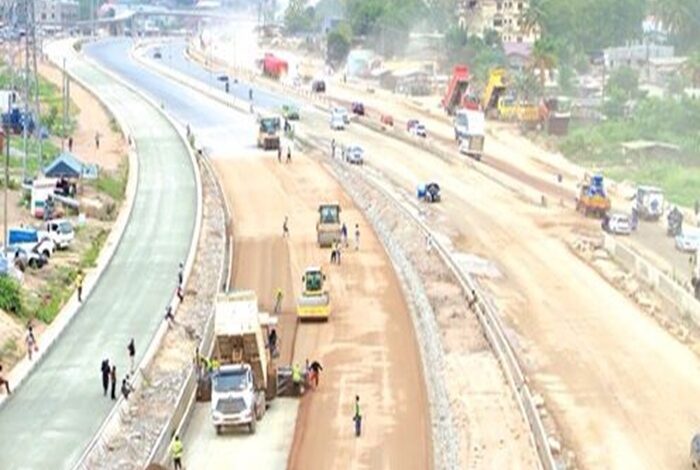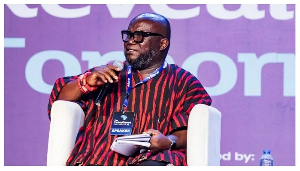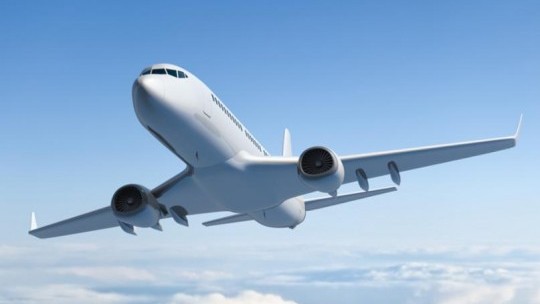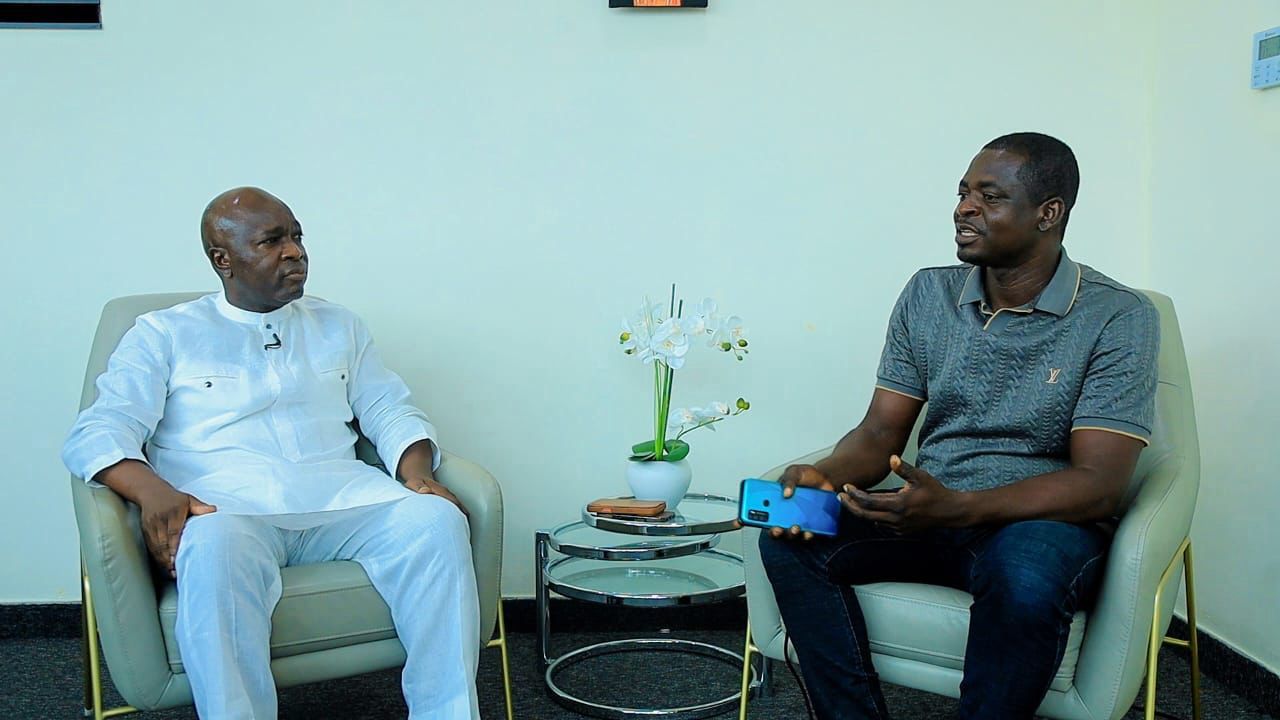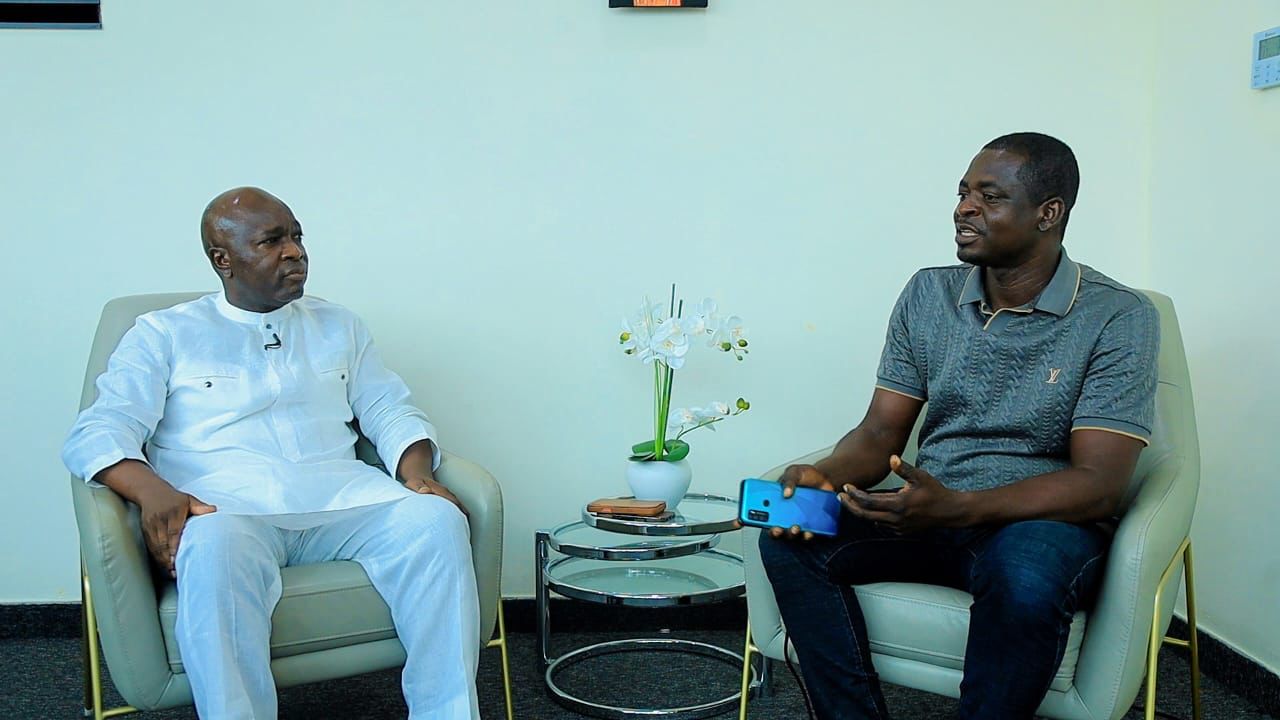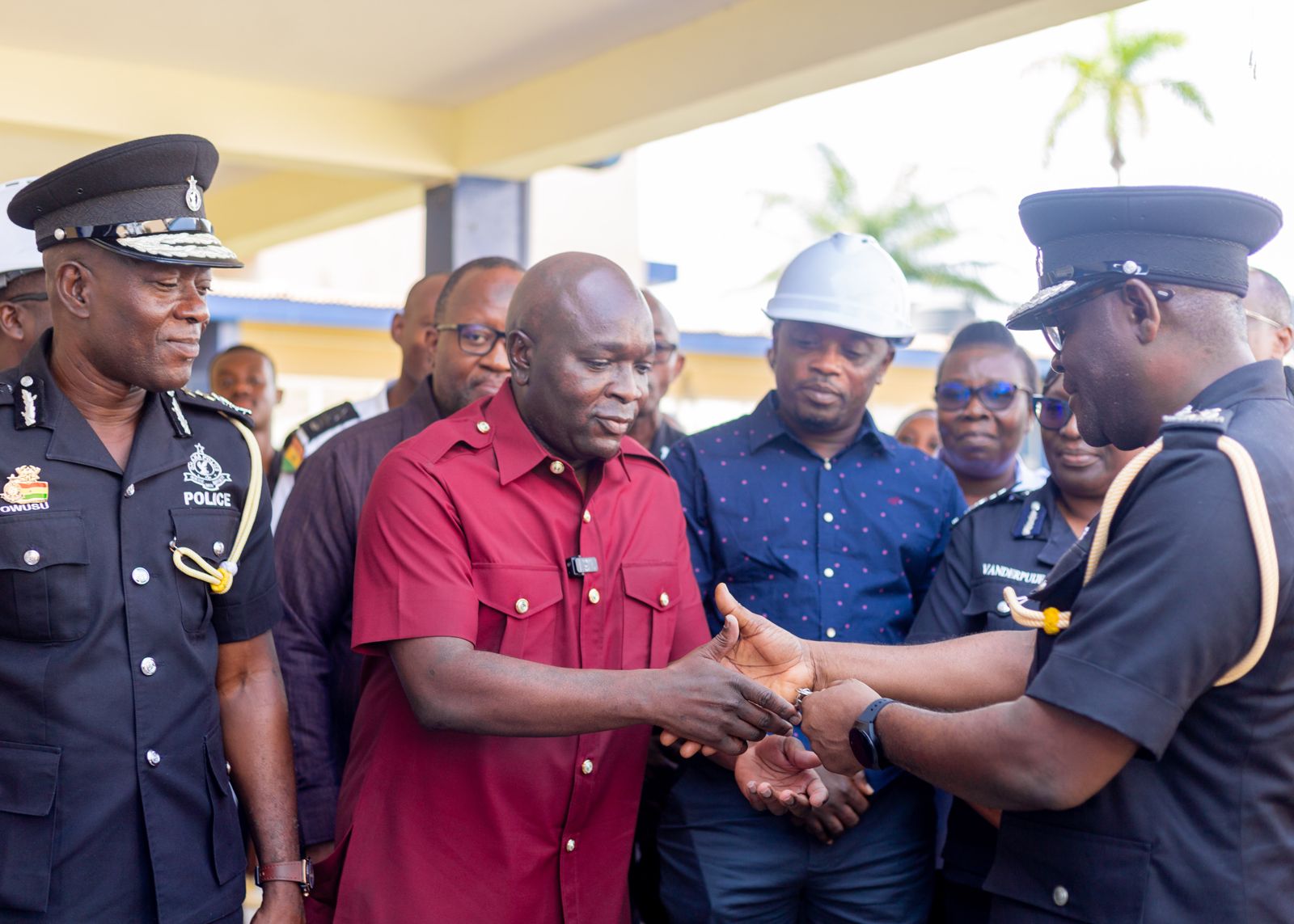The Government has disbursed GH¢809 million (approximately $67 million) to the contractor responsible for the stalled Pokuase–Nsawam Highway project, paving the way for construction to resume after weeks of disruption that paralyzed a key transportation corridor.
In an interview Monday with Peace FM, Controller and Accountant General Kwasi Agyei confirmed that the final tranche of payments was completed on August 4, effectively settling all outstanding financial obligations tied to the highway upgrade.
“On July 24, we gave part payment; on July 30, another tranche; and on August 4, the final payment,” Mr. Agyei said. “Altogether, we have honored the request in full, amounting to about GH¢809 million.”
The resumption of construction brings relief to thousands of commuters and transport operators who have endured severe traffic congestion due to halted works. The disruption had sparked mounting tensions, particularly from the Ghana Private Road Transport Union (GPRTU), which had issued a one-week ultimatum threatening to suspend operations if the contractor failed to return to the site. That deadline was set to expire Wednesday.
The Pokuase–Nsawam Highway is a vital link connecting Accra to Ghana’s eastern regions and beyond. Analysts say delays in its completion have had ripple effects on commercial transport, logistics, and daily commuting, underscoring the strategic importance of the project.
Sedem Afenyo, Member of Parliament for Amasaman—one of the constituencies affected by the project—welcomed the government’s action, expressing optimism that construction will now proceed without further interruption.
“Some weeks back, we met with the engineer and the three MCEs affected by this road and were assured that action would be taken,” Mr. Afenyo told Citi News. “With the payments now confirmed, and the assurances I’ve received, I’m hopeful this momentum is maintained.”
The government has faced growing scrutiny over stalled infrastructure projects amid fiscal tightening and rising public debt. Officials have reiterated their commitment to completing major roads, bridges, and transport upgrades, often citing infrastructure as a pillar of economic growth.
While work on the Pokuase–Nsawam stretch has now resumed, it remains to be seen whether the project will stay on track through its next phases—particularly with the country approaching an election year, where infrastructure delivery often becomes a political flashpoint.



